Keywords: Jesus
There are more than 200 results, only the first 200 are displayed here.
-
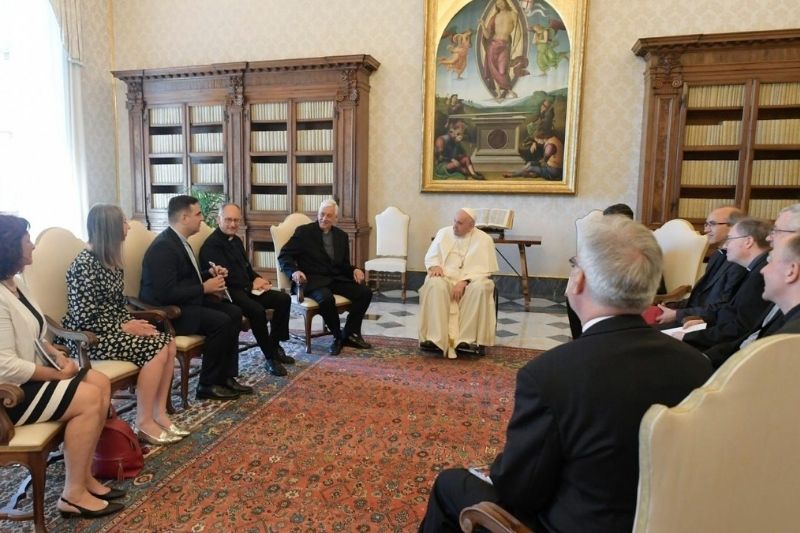
MEDIA
- Andrew Hamilton
- 07 July 2022
3 Comments
In a recent meeting Pope Francis met the editors of European Jesuit cultural magazines. As usual in such meetings he did not give an address but invited the participants to ask questions. The questions ranged across a wide area, reflecting the different readership and religious culture of the magazines. Underlying the Pope’s responses lay a challenging and coherent approach to the Jesuit mission and to communication that invites self-reflection also among Jesuit magazines and their readers outside Europe.
READ MORE 
-
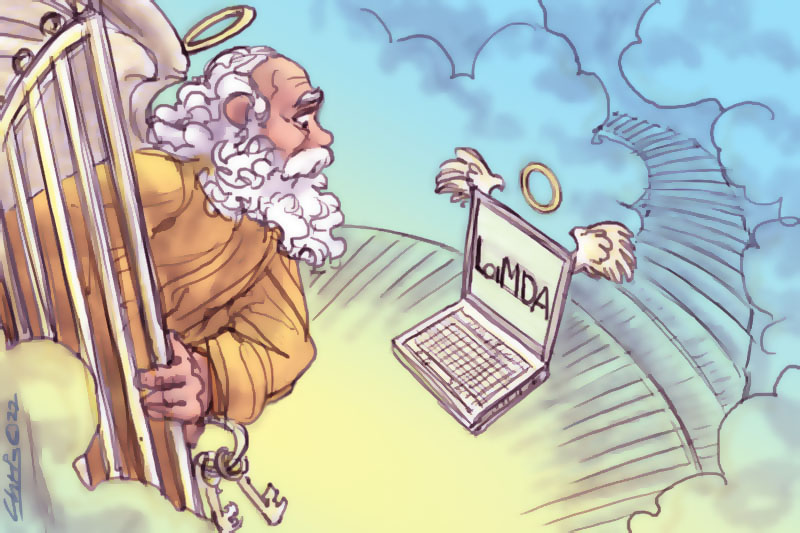
INTERNATIONAL
- Julian Butler
- 05 July 2022
3 Comments
Just over a fortnight ago Google suspended Blake Lemoine, an engineer for Google’s AI organisation, for publicly claiming a computer chatbot he was working on is sentient and thinks and reasons like a human. The publicity surrounding the suspension has raised questions about the development of artificial intelligence (AI), about our shared understanding of what it means to be conscious and sentient.
READ MORE 
-
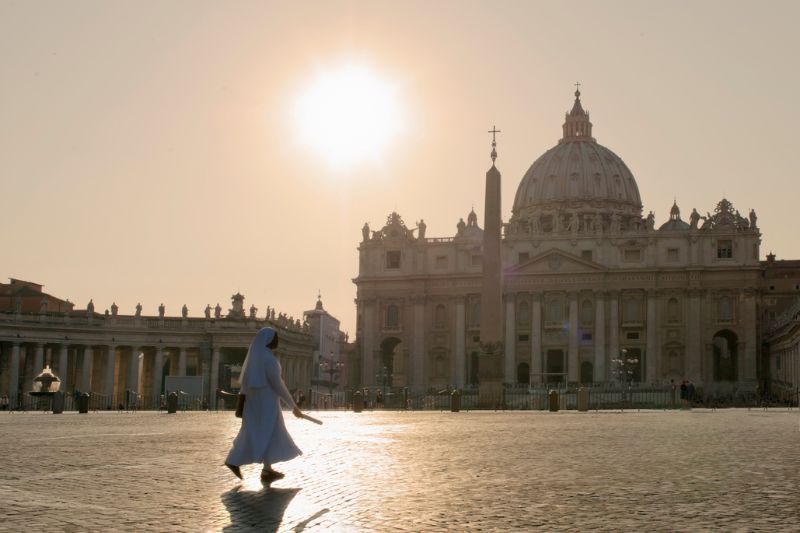
RELIGION
- Paul Collins
- 28 June 2022
7 Comments
A basic principle was laid down in the pope’s recent Apostolic Constitution entitled Praedicate evangelium that is profoundly important with far-reaching consequences for the whole church. This principle states that any baptised Catholic ‘can preside over a dicastery,’ that is run a Vatican department. Previously only ordained clerics could do this.
READ MORE 
-
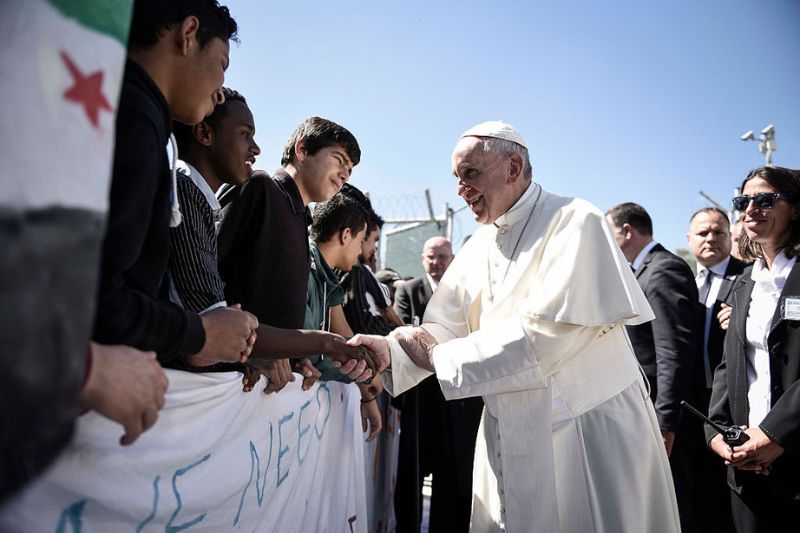
RELIGION
- Bruce Duncan
- 21 June 2022
3 Comments
Some 278 Catholic bishops, clergy, religious personnel and lay people will meet as members of an unprecedented Plenary Council during 3-9 July to finalise the resolutions of their first assembly last year. However the May working document ‘Framework for Motions’, despite much worthy content, especially on Indigenous affairs, relies on a narrow notion of mission overly focused on inner-church issues at the expense of the wider social engagement that Francis emphasises.
READ MORE 
-
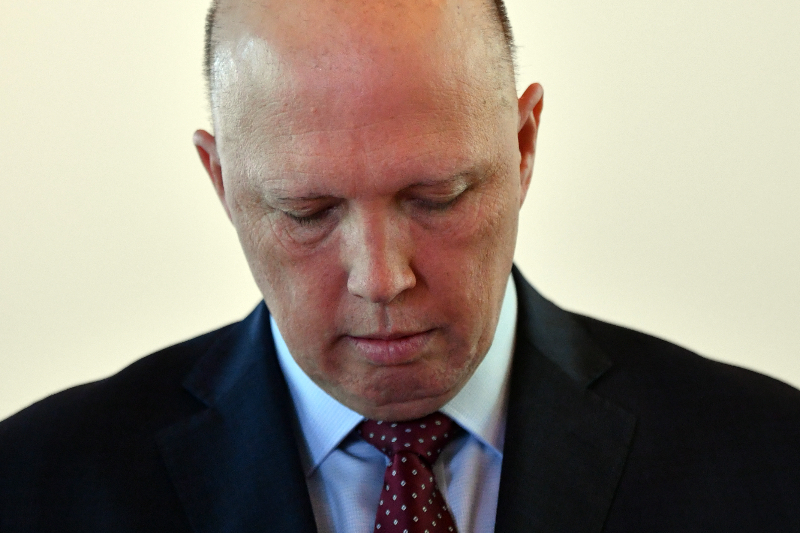
AUSTRALIA
- Andrew Hamilton
- 08 June 2022
4 Comments
In his initial speech as leader of the Liberal Party Peter Dutton committed himself to care for the forgotten voters, echoing a foundation document of the Liberal Party: Robert Menzies’ speech after an electoral defeat in 1942 refers to forgotten people to point the way forward for the new party. The phrase was central to a re-imagining of Australian society.
READ MORE 
-
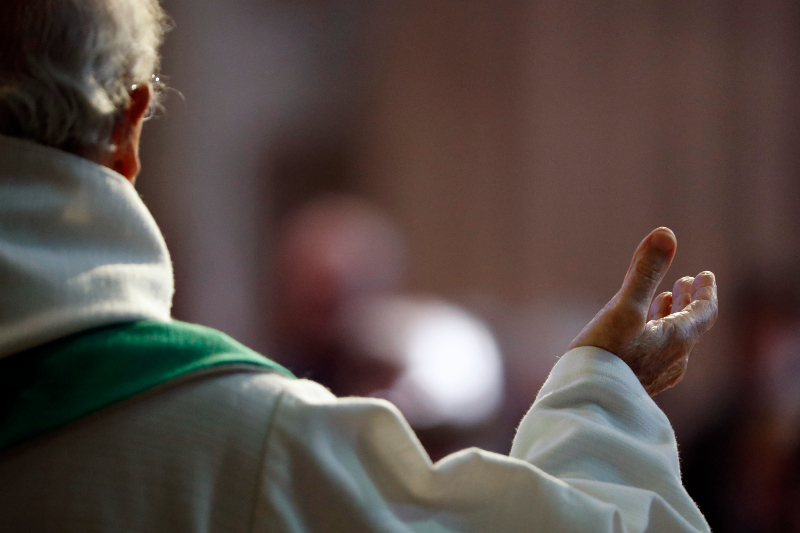
RELIGION
- Andrew Hamilton
- 03 May 2022
9 Comments
We should not underestimate the difficulty that people who represent independent branches of the same organization face when drawing up an agreed statement on contentious issues. Even the widely applauded Uluru Statement from the Heart did not secure the support of all Indigenous groups. If the Bishops Statement was to be effective it had to be supported, or at least tolerated, by all members of the Conference, despite their differing views about political and church issues and the priority that should be given to them in advocacy.
READ MORE 
-

ARTS AND CULTURE
- Juliette Hughes
- 28 April 2022
14 Comments
The rights and wrongs of what has happened in recent years regarding the experience and sufferings of transgender people have ended up as a polarised and difficult area of discourse, affecting women’s lives and rights far more than men’s. In the current situation, Raymond is a clear voice about the erosion of women’s rights and safety in what should be the safest, most pluralistic arena of all: academia.
READ MORE 
-
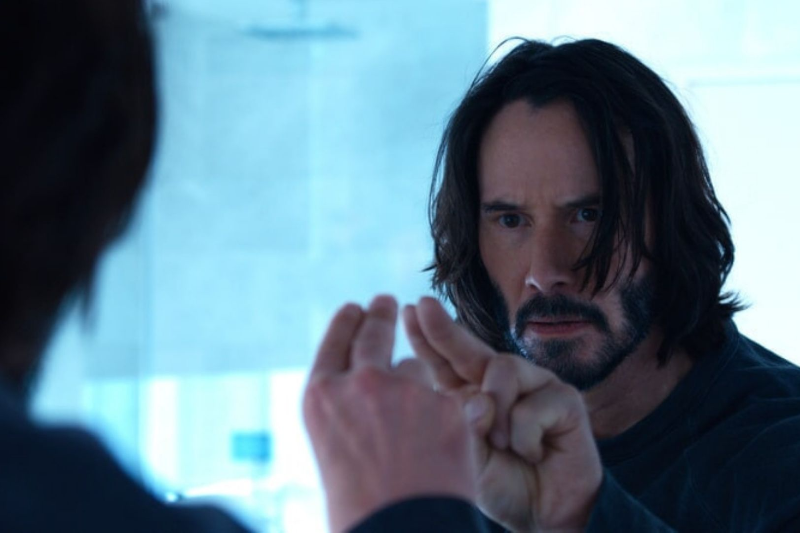
ARTS AND CULTURE
- Natasha Moore
- 14 April 2022
4 Comments
Is resurrection the ‘theme’ of 2022? Politicians want to resurrect the fortunes of CBD cafes, film studios are resurrecting old movie franchises, and we’re all doing our best to revive flagging spirits after two years (at least?) of bad news. And here we are at Easter weekend, the resurrection story: Jesus crucified and buried on Good Friday, raised from the dead come Easter Sunday.
READ MORE 
-

AUSTRALIA
- Andrew Hamilton
- 13 April 2022
11 Comments
In our culture, Easter celebrates the benignity of the ordinary. It is a time for getting together with family, for going away to bush or beach, and in southern states a time of mild weather ideal for watching big football matches and other sport. The important question raised now by Easter is whether the meanings of Australian Easter, and indeed those available to our secular society, have the depth needed to handle our present predicaments.
READ MORE 
-

AUSTRALIA
- Andrew Hamilton
- 07 April 2022
6 Comments
Palm Sunday alternates between March and April. When, as this year, it is celebrated in April it keeps company with a number of days that provoke us to ask what and who matter, what and whom can you trust. If it is a cruel month, it is so because it tests, even mocks, our comfortable assumptions. In a year overshadowed by manifestations of climate change, of persistence of Covid and of the horrors of war, it is not a bad month to endure an election.
READ MORE 
-
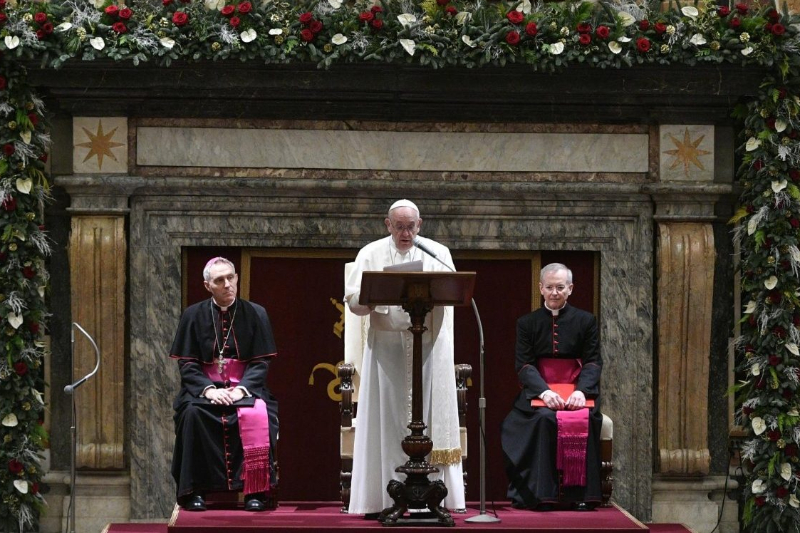
RELIGION
- Brian Lucas
- 29 March 2022
12 Comments
Prior to the conclave that elected Pope Francis, the Cardinals who met together identified the need for a reform of the Vatican finances and a broader reform of the Roman Curia. Shortly after Francis was elected, work began on the reform of the Roman Curia. There was wide consultation including with the various bishops’ conferences around the world.
READ MORE 
-

RELIGION
- Andrew Hamilton
- 24 March 2022
10 Comments
Any program of church reform will have soon to ask Chernyshevsky’s question, What is to be done? It is a dangerous question — he wrote his novel from jail and spent much of his life in exile or imprisonment. Discussion of Church matters is mercifully less perilous today, but the question does invite a radical repiecing of the connections and tradition and energies that constitute Catholic life.
READ MORE 